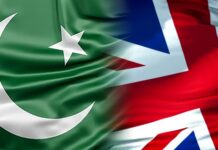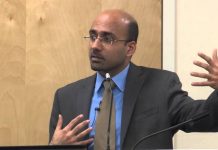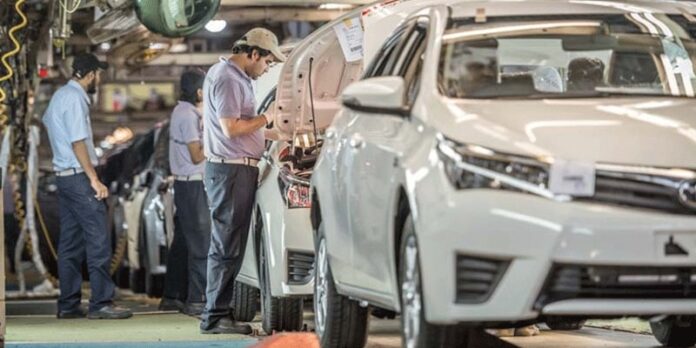ISLAMABAD: Pakistan’s auto parts manufacturers have warned that the government’s policy of allowing commercial import of used cars is putting millions of jobs and billions in investment at risk, urging the state to protect local industry instead of dismantling it with inconsistent decisions.
Speaking at the Auto Parts Summit organized by the Pakistan Association of Automotive Parts and Accessories Manufacturers (Paapam) ata local hotel on Tuesday, Chairman Paapam Usman Malik said that while countries like the United States are safeguarding their auto industries through tariffs, Pakistan is pursuing contradictory policies, promoting electric vehicles on one hand while permitting used petrol and diesel car imports on the other.
“Our policymakers are moving in the opposite direction to destroy the local auto parts manufacturing industry, and it is really difficult to revive once the industry is damaged,” Malik said. He warned that the import of used cars would devastate domestic vendors who currently produce 70% of parts for cars and 90% for motorcycles, in addition to supporting direct employment for 1.8 million people.
Industry leaders noted that Pakistan’s 1,200 auto parts manufacturers already contribute 3% to GDP and provide around 2 million jobs, besides exporting $200 million worth of locally made parts each year. Millat Tractors, produced with indigenous components, are even being exported to the United States.
Former Paapam Chairman Aamir Allawala criticized the National Tariff Policy’s peak tariff structure, warning that it would reverse local value addition and allow assemblers to displace domestic vendors by importing parts at similar duties. “This requires consultations to prepare the next auto policy while ensuring adequate cascading tariff for raw material suppliers, auto parts makers and assemblers,” he said. He added that the Auto Industry Development and Export Policy (AIDEP) 2026–2030 should draw lessons from successful models like Thailand, where long-term protection has enabled one of Asia’s largest vendor ecosystems to thrive.
Special Assistant to the Prime Minister (SAPM) on Finance, Haroon Akhtar, who was chief guest at the event, assured the industry of government support. He said that under the directives of Prime Minister Shehbaz Sharif, the auto parts sector would be made internationally competitive, adding that local manufacturers must also invest in modern technology and research to transform Pakistan into a regional auto hub.
Industry leaders, however, cautioned that such ambitions would collapse unless the government ensures policy stability and shields the sector from abrupt duty revisions and ad-hoc import relaxations.























